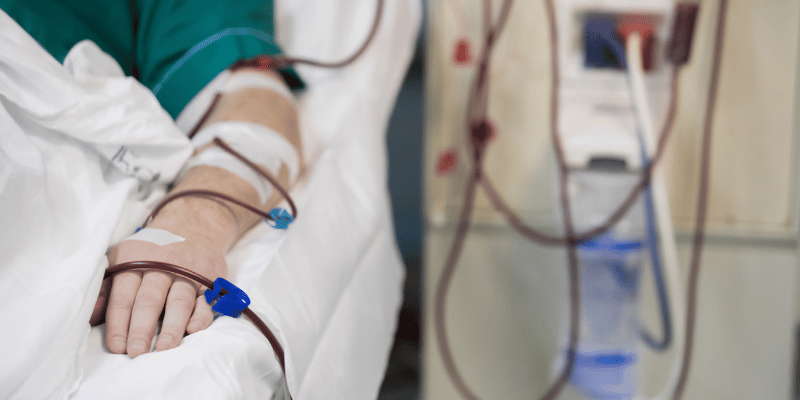In recent years, there has been a growing demand for dialysis services in India due to the increasing prevalence of chronic kidney disease. However, the country is facing several challenges in meeting this demand, including limited access to affordable treatment options and a shortage of trained healthcare professionals.
Rising Demand for Dialysis Services
According to a report by the Indian Council of Medical Research, the number of people requiring dialysis in India is expected to reach 3.4 million by 2020. This surge in demand can be attributed to factors such as an aging population, changing lifestyles leading to an increase in chronic diseases like diabetes and hypertension, and improved awareness about kidney health.
Challenges Faced by the Healthcare System
Despite the increasing demand for dialysis services, there are several challenges that the healthcare system in India is currently facing. These include:
- Lack of access to affordable treatment options: Dialysis treatment can be expensive, making it difficult for many patients to afford regular sessions.
- Shortage of trained healthcare professionals: There is a lack of nephrologists, nurses, and technicians with specialized training in dialysis care.
- Inadequate infrastructure: Many hospitals and clinics lack the necessary equipment and facilities to provide high-quality dialysis services.
The Way Forward
Despite these challenges, there are several initiatives that can help improve the delivery of dialysis services in India:
- Increasing public-private partnerships: Collaboration between government agencies, private healthcare providers, and non-profit organizations can help expand access to affordable dialysis treatment.
- Investing in training programs: By investing in training programs for healthcare professionals, we can ensure that there is an an adequate workforce to meet the growing demand for dialysis services.
- Promoting preventive care: Educating the public about kidney health and promoting preventive measures can help reduce the incidence of chronic kidney disease and lessen the burden on the healthcare system.
In Conclusion
As the demand for dialysis services continues to rise in India, it is crucial that we address these challenges head-on. By improving access to affordable treatment options, investing in training programs for healthcare professionals, and promoting preventive care initiatives, we can ensure that all patients have access to high-quality dialysis services. Together, we can work towards a healthier future for all Indians.

Comments are closed.